Mutt Motorcycles, known for its retro-styled small bikes, has gone into administration. Here’s what led to the brand’s collapse and what it means for the retro motorcycle scene.

Subscribe to our Telegram channel for instant updates!
There’s just something cool about retro motorcycles. Even people who’ve never ridden a bike can appreciate those vintage vibes — stripped-down frames, classic styling, and that old-school charm that makes you want to hop on and ride. That’s why brands like Triumph, Royal Enfield, and Ducati’s Scrambler lineup have such strong followings.
For folks who wanted the retro look without the bulk or power of a big bike, Mutt Motorcycles was a go-to. They offered lightweight 125cc and 250cc bikes with hand-finished, custom-style aesthetics — perfect for city rides and café stops. In places like the UK, where tiered licensing makes small bikes a practical choice, Mutt carved out a solid niche.
But as of March 3, 2025, the Birmingham-based company has officially gone into administration, with most of its staff let go and its future up in the air. Talks are ongoing to sell the brand and assets, but for now, Mutt’s journey seems to be over.
Why Mutt Fell Behind
Mutt’s whole vibe was boutique — cool-looking small bikes that stood out. But under the surface, they were sourcing engines and parts from China, then assembling the bikes in the UK. That kept things affordable but not cheap enough. Their 250cc bikes sold for around £4,000 (approx. RM22,000) — about the same as a Royal Enfield Hunter 350, which has more power, a bigger support network, and a well-known global brand name.
Add in rising competition from companies like Benelli and CFMoto, who offer beginner-friendly bikes with better value and backing, and Mutt started to look overpriced for what you got.

The EV Shift Didn’t Help
On top of that, the rise of lightweight electric bikes in Europe threw another wrench into the mix. Brands like Super Soco and Surron are gaining popularity with younger riders by offering affordable, city-ready EVs. Mutt didn’t pivot fast enough — or at all — in that direction.
A Niche Brand in a Brutal Market
In the end, Mutt’s downfall is a classic case of a cool brand not being able to keep up with a rapidly changing market. Stylish bikes only get you so far — riders want performance, price, and support, too. And in a competitive space, there’s little room for brands that can’t tick all those boxes.
Unless someone buys and revives Mutt, the brand could fade away — leaving a warning for others: in today’s motorcycle world, style alone isn’t enough.




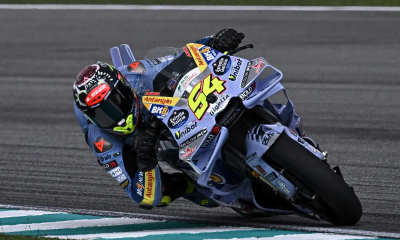

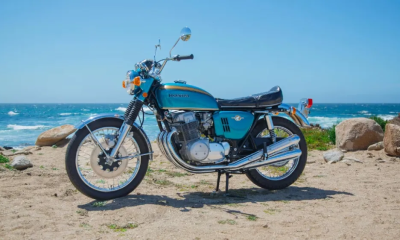

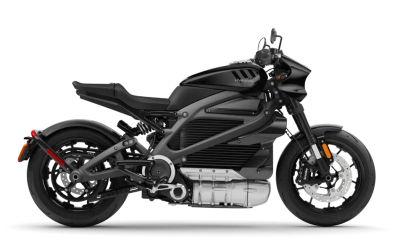
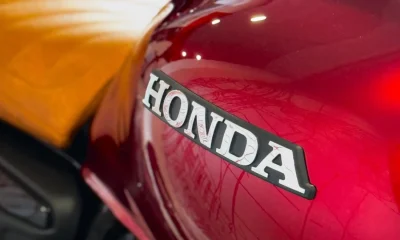


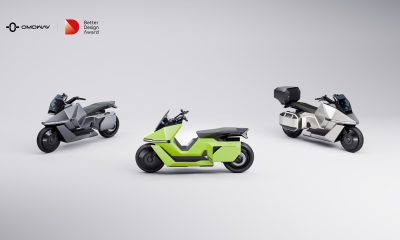

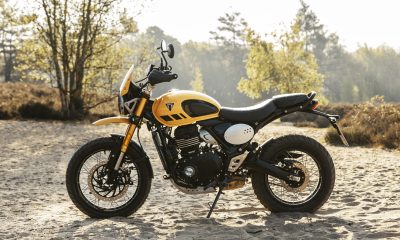
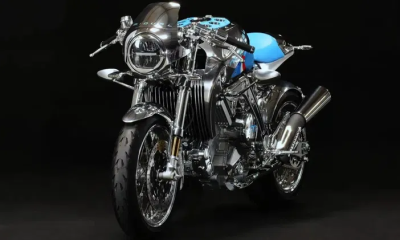
















Facebook
Instagram
X (Twitter)
YouTube
LinkedIn
RSS